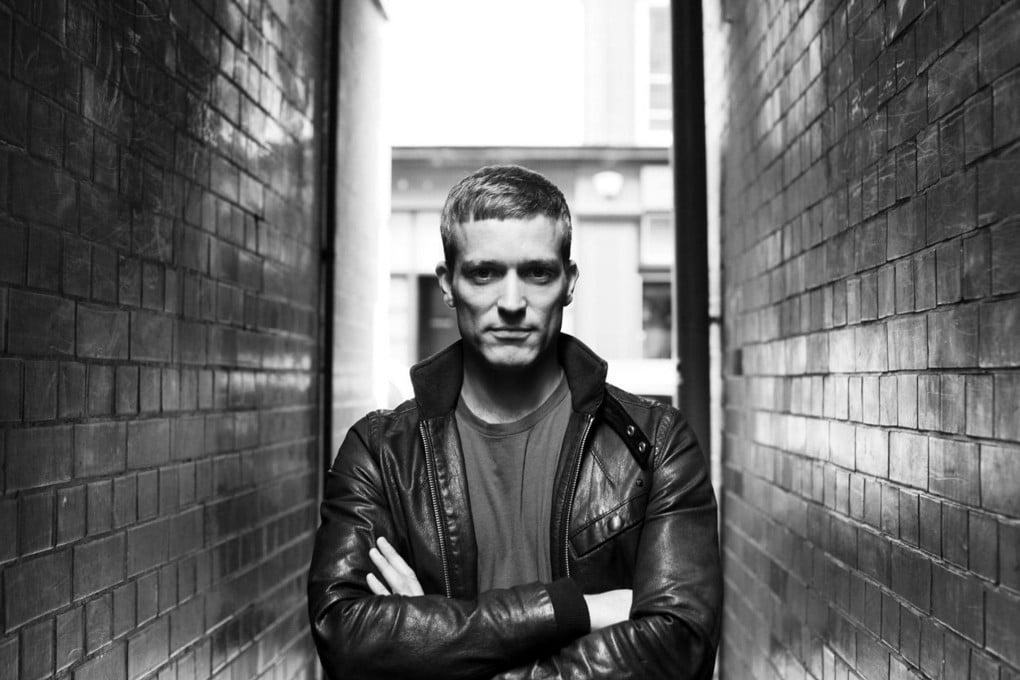DJ Ben Klock serves up techno with a twist
Berlin DJ Ben Klock takes techno to a soulful and melodic level

When you are arguably the world's leading techno DJ, people can tend to get the wrong idea about you: that the music you play is cold, emotionless, repetitive marching music with little by way of soul. That's particularly true when you're closely associated with the world capital of extremely banging and minimal techno, Berlin's renowned Berghain nightclub. Fortunately, says Ben Klock, long-term resident at the infamous club, a global pilgrimage site for lovers of techno, clubbing and extremity in all its forms, that perception of his music has largely changed.
"It doesn't happen so much any more. I have the feeling the term 'Berghain techno' is not used that much now, and people know that my best sets are when I not only play hard, relentless techno, but also go in a deeper and warmer direction."
If Berghain is widely considered to be the coolest techno club in the world, then Berlin-born Klock, who plays at Volar on December 12, might just be its coolest DJ. There and elsewhere he spins incredibly imaginative sets of deep, hypnotic, wildly underground techno, which you may not have heard before, blending it with a surprisingly melodic, almost house-influenced sensibility.
The same can be said of the music he produces himself, a stream of dark, stripped-down releases that culminated with the 2009 album One, which Klock describes as one of the two big milestones in his career.
The other significant event was getting his residency at the club with which he has become synonymous. Berghain (the name comes from the two neighbouring districts of Kreuzberg and Friedrichshain, and has the inappropriate literal meaning of "mountain grove") occupies the turbine hall, among other areas, of a massive graffiti-covered former East German power station, built in 1953 and abandoned 25 years later. It has a capacity of 1,500 (in contrast to some of Hong Kong's diminutive super-clubs, where it just feels like that number), a minimal, grungy decor dominated by steel and concrete, no mirrors, no photography allowed and affordable drinks.
It is also, in every respect, extreme. The insanely overpowered Funktion One sound system pumps out largely minimal techno; the famously harsh and apparently entirely arbitrary door policy, run by terrifying facially tattooed bouncer Sven Marquardt (there are several online forums dedicated to advice on how to get in); the opening hours, from Friday evening until some time on Monday, non-stop, every weekend, with some party animals lasting the distance; and the extremely tolerant attitude towards public intimacy — the club even has rooms for couples, or indeed groups, where pretty much anything goes.
If you're used to all that, other clubs could feel a bit tame. Luckily, says Klock: "I don't compare any club to Berghain. Every club is different and every place has different qualities. For instance, some place might not have the best sound system in the word or architecture that's as nice as other clubs, but maybe that place has the craziest crowd with the best energy. So usually you find something to enjoy in most places. Then, of course, there are places where everything is just right. You know, I always try to turn the club in my direction on the night, so it becomes my house, so to speak."